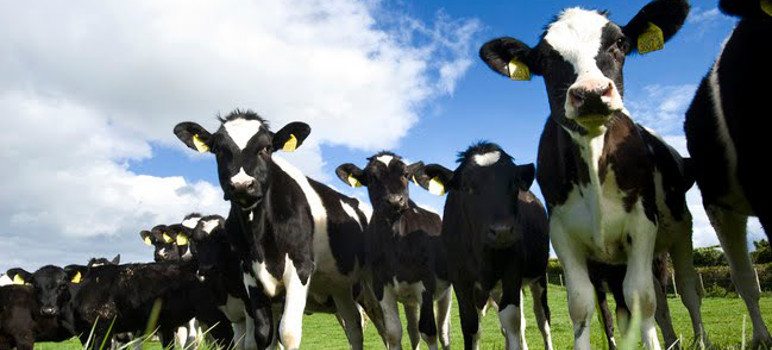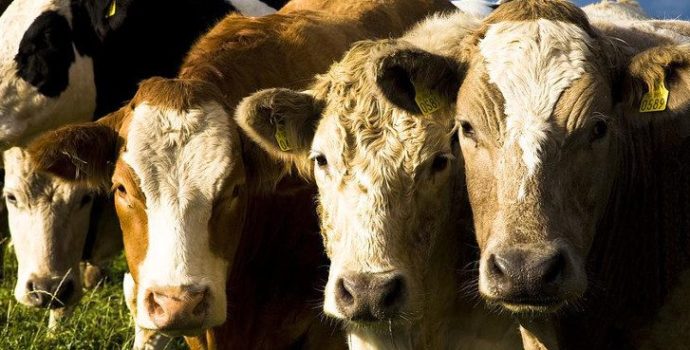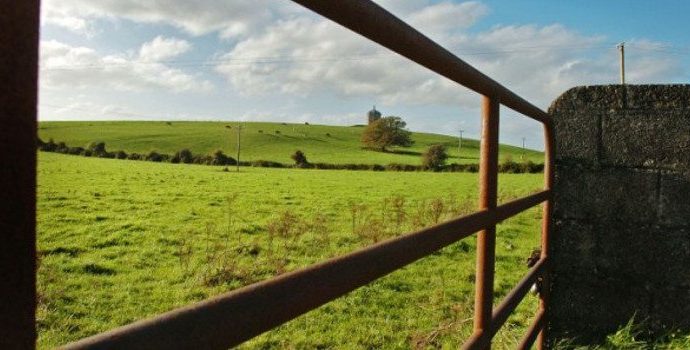Glanbia Must Reassure Suppliers on Milk Price Model

Speaking after last week’s meeting with the Chairman and CEOs of Glanbia Plc and Glanbia Ingredients Ireland (GII), IFA President Eddie Downey said IFA had strongly conveyed farmers’ anger in the wake of the extreme September price cut to 30.5c/l.
The IFA delegation – also including Dairy Chairman Sean O’Leary, Liquid Milk Chairman Teddy Cashman and Waterford Dairy Chairman Joe Harty – stressed that farmers needed reassurances that the GII joint venture model will return sustainable milk prices to farmers into the future. The IFA delegation also urged Glanbia to pay the 0.5c/l co-op patronage bonus, which offsets much of the September price cut, to all milk producers, and not just those who have signed the Milk Supply Agreement (MSA).
“While we acknowledge that Glanbia have committed to holding the current price to year end, the extreme cut to 30.5c/l for September milk came as a shock to milk producers. They felt Glanbia were again using their early price setting mechanism to drive down all milk prices to a greater degree than September market returns warranted,” Mr Downey said.
“IFA recognises that the turbulence of international dairy markets will likely lead to a number of months of poorer returns before markets recover. However, farmers expect their milk purchasers to support them through this difficult time as we face into the post quota era. Glanbia needs to do more to reassure farmers that the GII JV model is fit for purpose and not relying on low producer milk prices to meet its financial commitments. Glanbia must also convince farmers that the combination of a viable base milk price added to other elements such as co-op top ups, stability funds and fixed margin contracts, will leave Glanbia suppliers with a strong milk price which reflects the strength of their milk processor and the efficiencies secured from a massive capital investment in all processing sites,” he said.
IFA National Dairy Chairman Sean O’Leary added: “For farmers, the prospect of making investment and managing their business into the unknown of the post quota era is daunting enough. Glanbia suppliers are understandably wary of some of the changes they are being asked to take on board, including the Milk Supply Agreement. Our delegation pressed Glanbia very strongly on the 0.5c/l co-op top up, and urged them to reconsider their approach: paying it to all producers regardless of whether they have signed the MSA would be a fairer approach and would help farmers feel less pressurised,” he said.
IFA Liquid Milk Chairman Teddy Cashman said: “It is crucial that Glanbia proves its commitment to liquid milk for the long term by engaging into genuine negotiations with its suppliers to develop a fair and sustainable pricing system. It is also vital that the encouragement to producers to maximise constituents in recent years would translate into the fair remuneration of protein in particular. Suppliers need to feel that Glanbia is committed to them in their specialised production system, and that they can count on Glanbia to support them through the challenging retail market conditions”.
IFA will be meeting in coming weeks with all the main milk purchasers to discuss their pricing policy in advance of the end of quotas.




